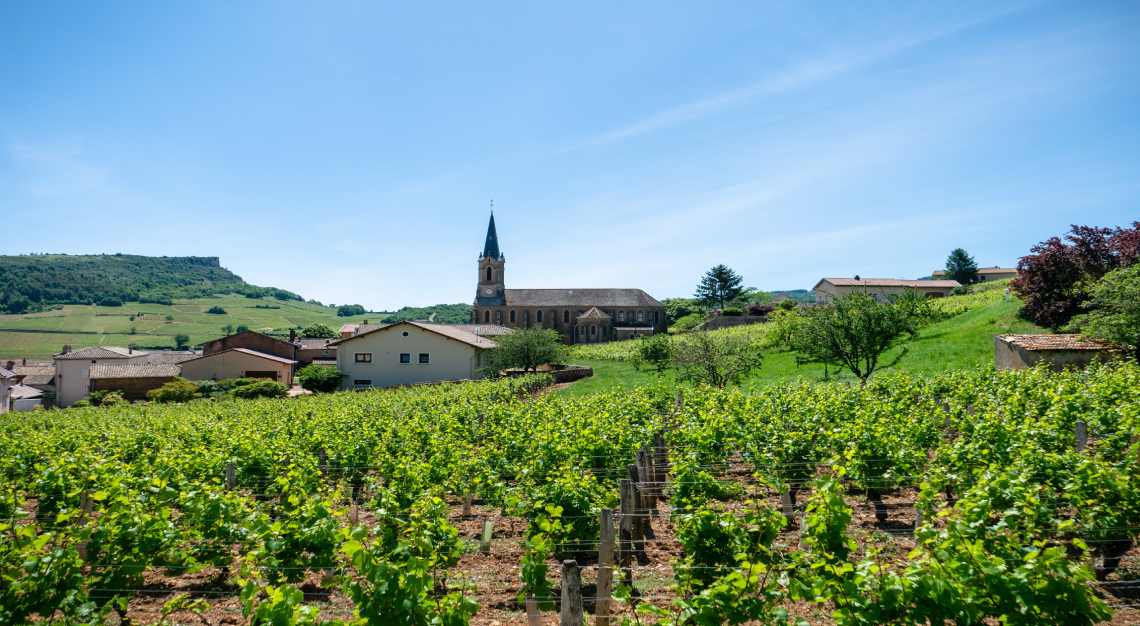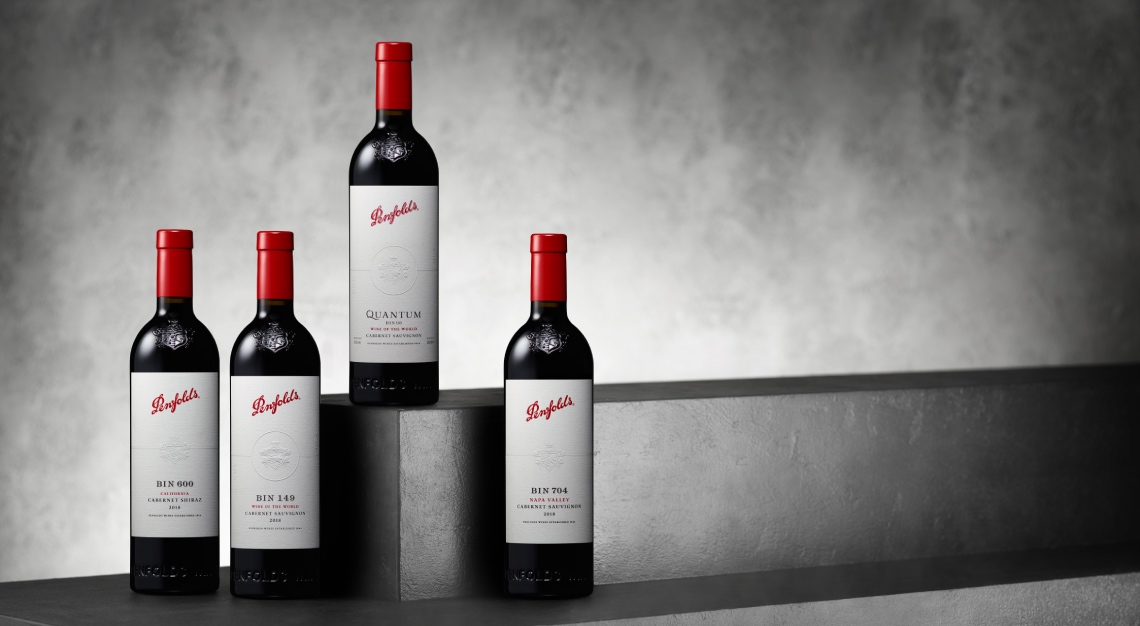Some vineyards won’t be able to harvest anything this year, as a white fungus spreads through the region
Mon dieu. Bordeaux vineyards are currently in deep distress.
A downy mildew is affecting grapes in the region, with 90 per cent of some vineyards being plagued, The Connexion reported recently. The disaster has thrown the region and its winemakers into crisis, with the French authorities setting up a hotline to assist those who have been impacted.
“We’ve done everything to save the harvest, but nothing works,” Frédéric Bizac, a Crémant de Bordeaux producer, told FranceInfo. “We’re up against the wall. I’ve got colleagues who are 65 years old and still farming. They’ve never seen anything like this. It’s hard to be a winegrower right now.”
The mildew, a white fungus, is the result of the humid, tropical weather that’s hit Bordeaux in recent months. It’s been reported in several different areas, including Gironde and Auvergne. In Gironde, for example, 92 to 95 per cent of the 86 plots monitored by the Gironde Department (CA33) have been hit by mildew, according to Laurent Bernos, the head of the viticulture and wine department. Within those, the mildew has affected 55 per cent of the grapes.

So far, it’s been mainly merlot grapes that have been destroyed by the mildew (merlot makes up about 55 per cent of vineyards in Bordeaux). But the fungus is starting to spread to cabernet vines, as well, according to Wein Plus. As a result, some vineyards in Bordeaux won’t be harvested at all this year.
That’s a harsh blow to winemakers, who have had to put up with a number of difficulties in recent years. As Nicolas Morain, the deputy director of MSA Gironde, a local agricultural organisation, put it to The Connexion: “We’ve had seven years of crisis. The frost of 2017, the hail of 2018, then Covid, then the American and Chinese markets depleting, and this mildew is the last straw.”
In response, MSA Gironde has set up a helpline for the area’s growers, providing both technical and psychological support. Morain told The Telegraph that he’s heard from people who are traumatised, even reassessing their careers due to the current mildew issues. He and his colleagues are working to aid them in their challenges, and giving them a space to voice their frustrations.
While the current situation is rather dire, some are optimistic about the future of the region. For example, white varietals like sauvignon have largely evaded the mildew. Even still, it’s a troubling time to be a winemaker in southwestern France.






